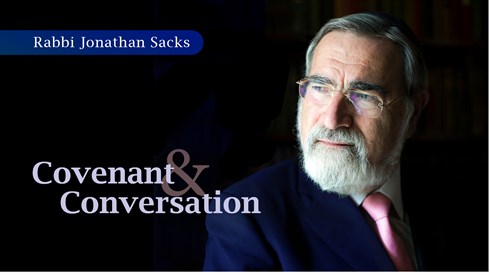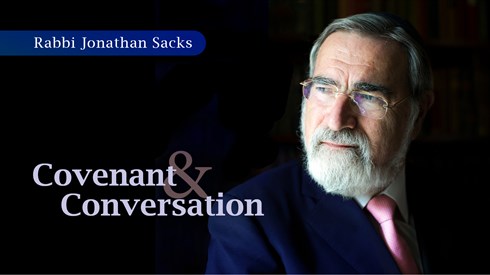articles on Ekev

Why Civilisations Fail
What is the real challenge of maintaining a free society?

COMPARE AND CONSIDER
In his final charge to Am Yisrael, Moshe Rabbeinu warns the nation of becoming too haughty & too full of itself

The Politics of Memory
Weekly Shiur by Rabbi Jonathan Sacks for the weekly portion "Eikev".

The Covenant and the Love
A Shiur by Rabbi Jonathan Sacks for the weekly Torah reading of Ekev.
Lessons on Ekev

IDF VICTORIES= BENTCHING= G-D'S RIGHTEOUSNESS- Parshat Ekev
Every time we say Birkat HaMazon and Al HaMichya, we appreciate Hashem's giving us the State of Israel, the IDF victories, and the Gathereing of the Exiles. When my relatives in Williamsburg & Meah Shearim deny and don't thank Hashem for Zionism and our modern national State & return to Eretz Yisrael, they are that much less religious, and that much less praising Hashem and recognizing that He , not the UN, runs the world, and that "He is righteous"! This short article brings many psukim which we say all the time in davening which are basically religious-Zionism in a nutshell. Shabbat Shalom!
Rabbi Ari Shvat | Av 5785
At a Loss for Words?
Rabbi Netanel Yossifun | 19 Av 5784

For Love of the Holy Tongue
Rabbi Moshe Erenreich | 14 Shvat 5784

Do Not Fear Them!
Rabbi Moshe Tzuriel | Av 17 5783

The Spirituality of Listening
Rabbi Jonathan Sacks Z"tl

Meant To Be
Rabbi Stewart Weiss | Av 5783

What to Do with Great Successes – More on Spirituality and Materialism
Rabbi Yossef Carmel | Av 5783






